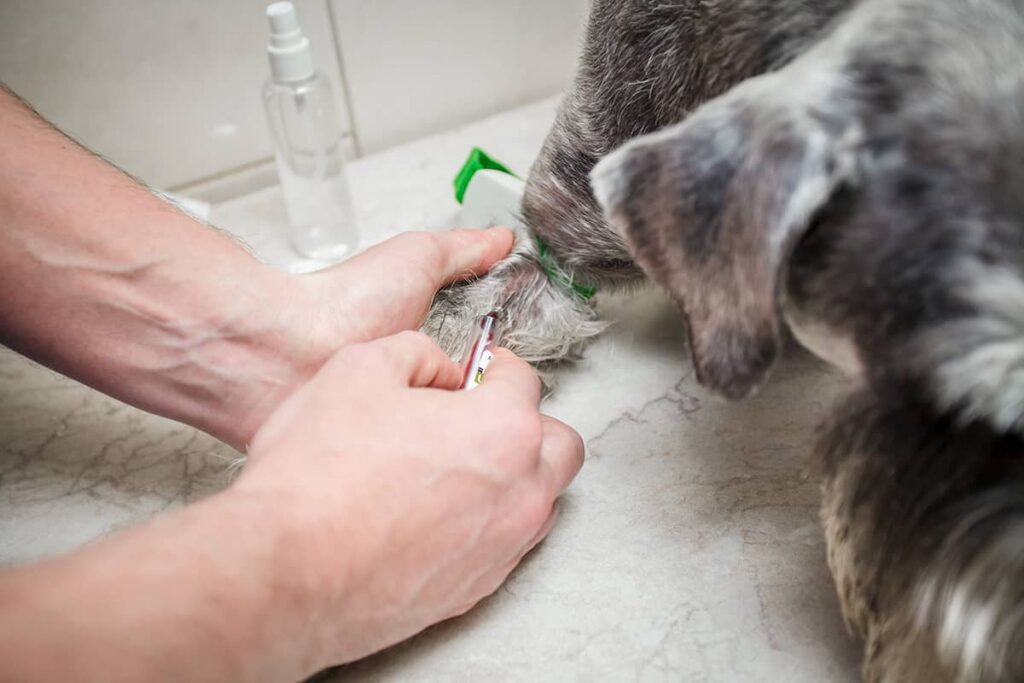
Eliminate lab turnaround times with same-day test results
Physical examinations can only tell us so much. Sometimes we need to look beyond the fur and take blood or tissue samples. If you’ve ever had an important blood test and waited for the results, you know how stressful the suspense can be. Now imagine feeling that tenfold when it’s for your beloved fur baby!
That’s why MustCare offers in-house pathology. It means you don’t have to wait for blown out lab turnaround times, and our veterinarians have access to the results faster as well. When time is of the essence, in-house pathology can make all the difference.
The benefits of in-house pathology
- Avoid time-consuming delays when using external labs
- Your veterinarian gets the results sooner and can take action faster
- Same-day results mean you don’t have to make multiple trips
- Put a face to the name of the person testing the sample
FAQs
Pathology tests reveal illnesses or diseases like:
- Some forms of cancer
- Infections or inflammation
- Allergies
- Vitamin deficiencies
Pathology tests are one of the best ways to detect these issues early when they are still treatable, but aren’t presenting as symptoms.
No, our MustCare veterinarians are experts who can take blood or tissue samples with minimal pain and stress.
- A small patch of fur may be shaved to make sure the vet can take the sample quickly and cleanly
- A local anaesthetic may be applied to make sure your fur baby doesn’t feel any discomfort when the sample is taken
- Once the sample has been taken your pet can have a tasty treat and either head back home or wait with your for their same-day results
Does your furry friend seem sick or in pain? This could be a sign that something is wrong.
At MustCare, we don’t believe in silly questions. If you’re worried, we want to help. Get in touch and book an appointment so we can figure out what’s got your cat’s tongue.